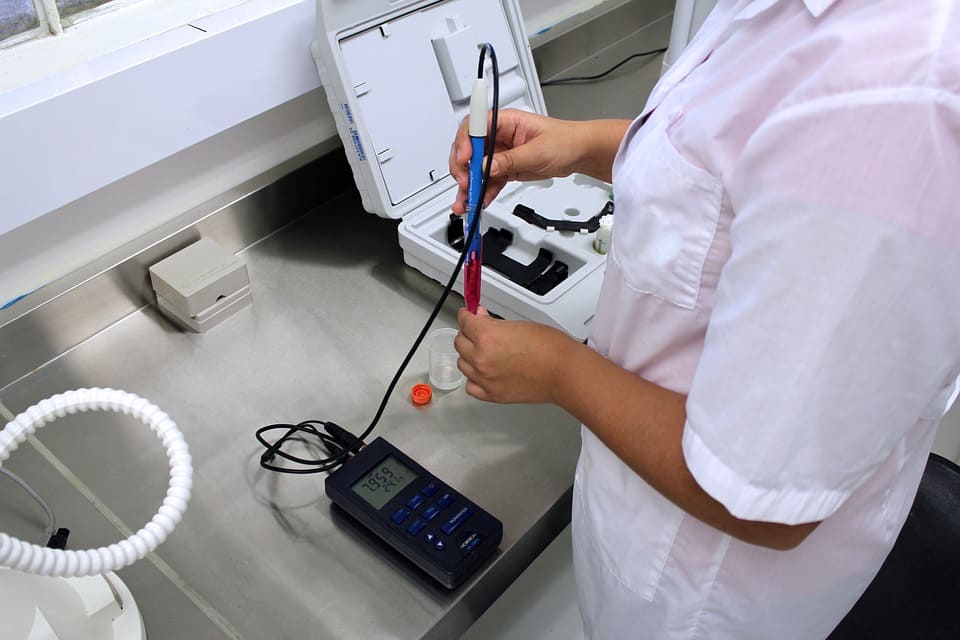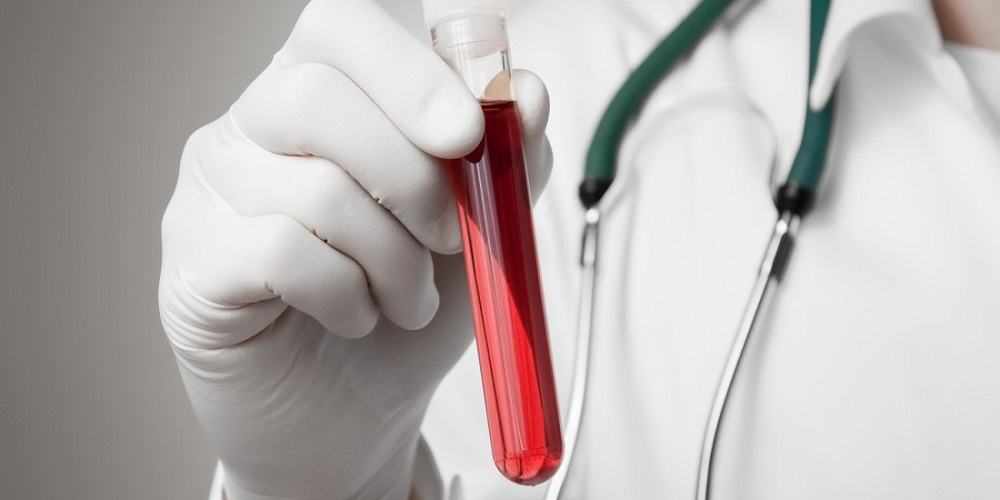If you find yourself feeling tired, run-down, and low on energy most of the time, anaemia could be the culprit. Anaemia is a common medical condition that can lead to a range of potentially unnerving symptoms and health complaints, from exhaustion and breathlessness to pale skin and bruising. If you struggle to keep your energy levels up, take a look at these six facts and consider making an appointment with your doctor.

- It’s simple to diagnose: For most patients visiting their doctor with symptoms of anaemia, a simple blood test will be enough to make a clear diagnosis. Your doctor will have access to medical supplies australia that will allow them to quickly draw blood, then send it to be tested in a lab. They’ll take a look at your red blood cell count to determine whether your levels are lower than expected. If the count comes out low, you’re looking at a diagnosis of anaemia. If your blood count is normal, then further investigation may be in order.
- It has several different potential causes: For some people, iron-deficiency anaemia is caused by a lack of iron in their diet. This is particularly common in vegetarians and vegans who don’t eat iron-rich meat products. Anaemia can also be caused by heavy menstrual bleeding, malabsorption issue in the stomach, or bleeding in the stomach that has gone unnoticed. It’s important that the cause of the iron-deficiency is identified along with the diagnosis so that the condition can be treated effectively.
- It can make you feel seriously awful: When red blood cell levels fall to a severely low level, the symptoms of anaemia can be disruptive. While the early stages of anaemia can lead some people to experience mild tiredness, once it becomes more severe you can experience heart palpitations, difficulty breathing, fainting, and discolouration of the skin and nails. The most common symptoms is intense fatigue, which can do real damage to your overall quality of life. If anaemia is treated at an early stage, the symptoms should be manageable and easily reversed.
- It’s more common in women: Because heavy periods are a common cause of anaemia, it occurs at higher levels amongst women of childbearing age. After menopause the likelihood of developing anaemia will decrease. Pregnancy is also a common trigger, so it’s recommended that women keep an eye on their iron intake throughout the month, and especially when pregnant, to avoid experiencing symptoms.
- You can tackle it with your diet: Adjusting your diet is the easiest way to reduce your risk of anaemia if your red blood cell count tends to drop and there’s no other illness involved that’s causing decreased iron absorption. Eating red meat, dark leafy greens, and other iron-rich foods can make a significant impact on your blood test results.
- Treatment is usually straightforward: In most cases of anaemia, the treatment process should be painless and fairly simple. Your doctor will probably prescribe a course of iron supplements to be taken on a daily basis. These can cause some gastrointestinal distress, but are otherwise usually well tolerated. In more severe cases, iron infusions or injections may be necessary. If heavy menstrual bleeding is to blame for your anaemia, you should visit a gynaecologist to explore the problem in greater depth and health care.
Recent Posts
- Castor Oil For Better Hair Growth: Is It Myth Or Fact?
- Exploring the Differences Between Sermorelin, Ipamorelin, Ibutamoren, GHRP2, and GHRP6: Understanding Their Role in Human Growth Hormone Regulation
- Unraveling the Mystery: Understanding the Causes and Prognosis of Ventricular Tachycardia Without Apparent Heart Disease
- Understanding Grandparents’ Rights in Oklahoma: Navigating Visitation and Legal Protections
- 10 Reasons to Consider Hypnotherapy for Your Health

